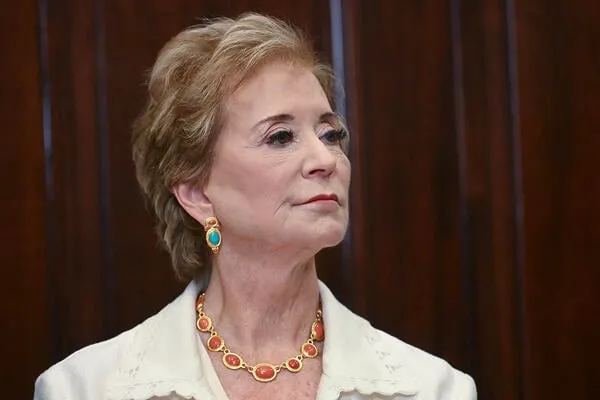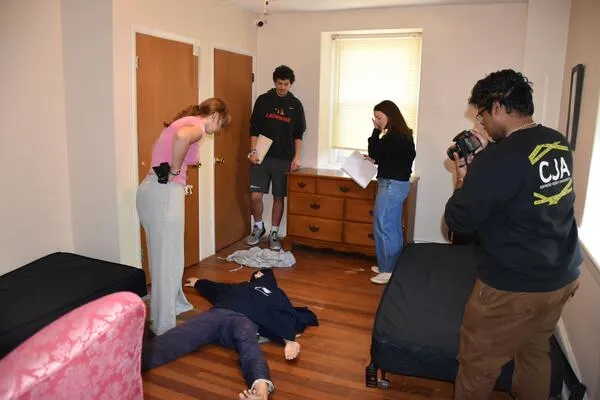This summer, I did a gig as an international cat courier. As a favor, I agreed to fly from my home in Spokane, Wash., to D.C., meet my sister-in-law and travel with her to her new government post—taking responsibility for one of her two cats—on a plane to Algiers.
Having never visited a Muslim country, I was game, though people who’d traveled widely warned me that Algiers is unusually conservative and restrictive. I got warnings not to ask about religion or politics. A friend who works for the U.N. gave me a talking-to about what to wear, which boiled down to: no exposed skin.
My sister-in-law would start work the day after we arrived, so I’d be on my own in a country where my options were limited. You cannot use credit cards, only cash, and can’t change money. I’d tough it out and then five days later head to Italy for a vacation.
The only thing I could do in Algiers was walk around, make friends with many street cats, and talk to strangers. In French brushed up from college with some recent Duolingo practice, I spoke with shopkeepers, chatted with security guards outside embassies and met people hanging out on the streets. I didn’t always bother conjugating verbs and probably misgendered every noun.
What I found were people who love their homeland and were eager to show me around. Even in a country that fought for independence in the 1960s, endured a bloody civil war in the ’90s and now exists under a repressive government, pride endured. But I also noticed what wasn’t there: easy travel, open political discourse, casual criticism of authority. Their pride lived alongside careful silence.
In my layover on the way home, I struck up a conversation with a Delta employee from Algeria. I told him how generous and openhearted I’d found everyone I’d met. His face lit up. “It’s good now. It’s better.” But when he spoke of the government and the civil war—even in the Minneapolis airport—his voice dropped to a whisper.
He now lived in the U.S., scanning bags as they rode around the carousel, having earned a Ph.D. in economics in his home country and taught for 30 years at a university in Poland. He would be going “home” to Algeria in September.
People, I’m just gonna go there and say it: I love America.
Given my politics, profession and (hippie Vietnam War–protesting) parentage (father: regional public faculty; mother: community college and Ivy lecturer), I’m a little surprised to find myself feeling a surge of patriotism, especially these days, I know I’m expected to be cynically critical of everything our (legitimate) government does. Many of my friends and colleagues dismiss folks who vote differently from us and wave a virtue flag at “those people” who drape their homes in red, white and blue.
And yet, many who share my convictions about diversity, equity and inclusion have often been intolerant of others. We’ve gotten shouty, telling others they’re wrong, uneducated and a bucket of creeps. Maybe some of them are. Maybe some of us are, too. But we sure have stopped talking to each other. We’re not even getting the same news or finding the same facts. Some of my friends say they’ve become numb to what’s coming out our nation’s capitol. Not me. Every day I am shocked by where we are now, and where I fear we might be heading (another bloody civil war).
In academe, we have the luxury to spout off. We spouted and in 2016 learned a big lesson: Not everyone was buying what we were selling. Which is how we got to the current political, cultural and societal shit show.
And yet, I still love America. I love the values expressed in the documents that established us, written in such beautiful language I often assign them to creative writing students. The autobiography of our funniest founder—the first best-selling book—still carries so much wit and wisdom I’m filled with awe and envy when I reread it. The America Lincoln described in speeches with the brevity and power of a prose poem can bring me to my knees. And I love that over the past two centuries, our best leaders hoped by their criticism to form a more perfect union, to correct the many things we’ve gotten wrong.
Just before I boarded a long and uncomfortable flight, a friend sent me a link to Ronald Reagan’s last speech. In it, he quoted from a letter he’d received: “You can go to live in France, but you cannot become a Frenchman … But anyone, from any corner of the Earth, can come to live in America and become an American.” His point: “If we ever closed the door to new Americans, our leadership in the world would soon be lost.”
If you’d told me decades ago I’d write in praise of Ronald freaking Reagan, I’d have said that’s as likely as 2001: A Space Odyssey’s HAL becoming reality. But, well, here we are.
We can’t stop critiquing our country—that’s the essence of democracy and the real value of higher ed. But instead of just spouting off about what’s wrong with America, we need to model how to engage constructively with imperfect institutions. We need to teach our students how to critique while also participating, how to demand better while acknowledging what’s worth preserving.
Seeing a country like Algeria, that has closed itself down politically, isolated from the other North African nations and in many ways the rest of the world, even after throwing off colonial rule, felt like a cautionary example. In higher education, when we shut ourselves off to uncomfortable truths or dismiss those who disagree with us, we risk becoming like that whispered conversation in the airport—fearful, constrained, diminished.
Which is why, after five days of wandering Algiers with bad French and heat-slick layers of covered skin, I boarded my flight to Rome to stuff myself with pasta alla carbonara, gelato and vigorous discussions about what’s wrong with today’s world with an odd mix of relief and resolve. You don’t have to think your country’s perfect to love it, but you do have to notice when the door’s still open and fight to keep it that way. In democracy, as in academe, the moment we stop letting in new voices, new challenges, new possibilities, we begin to die from the inside out.


